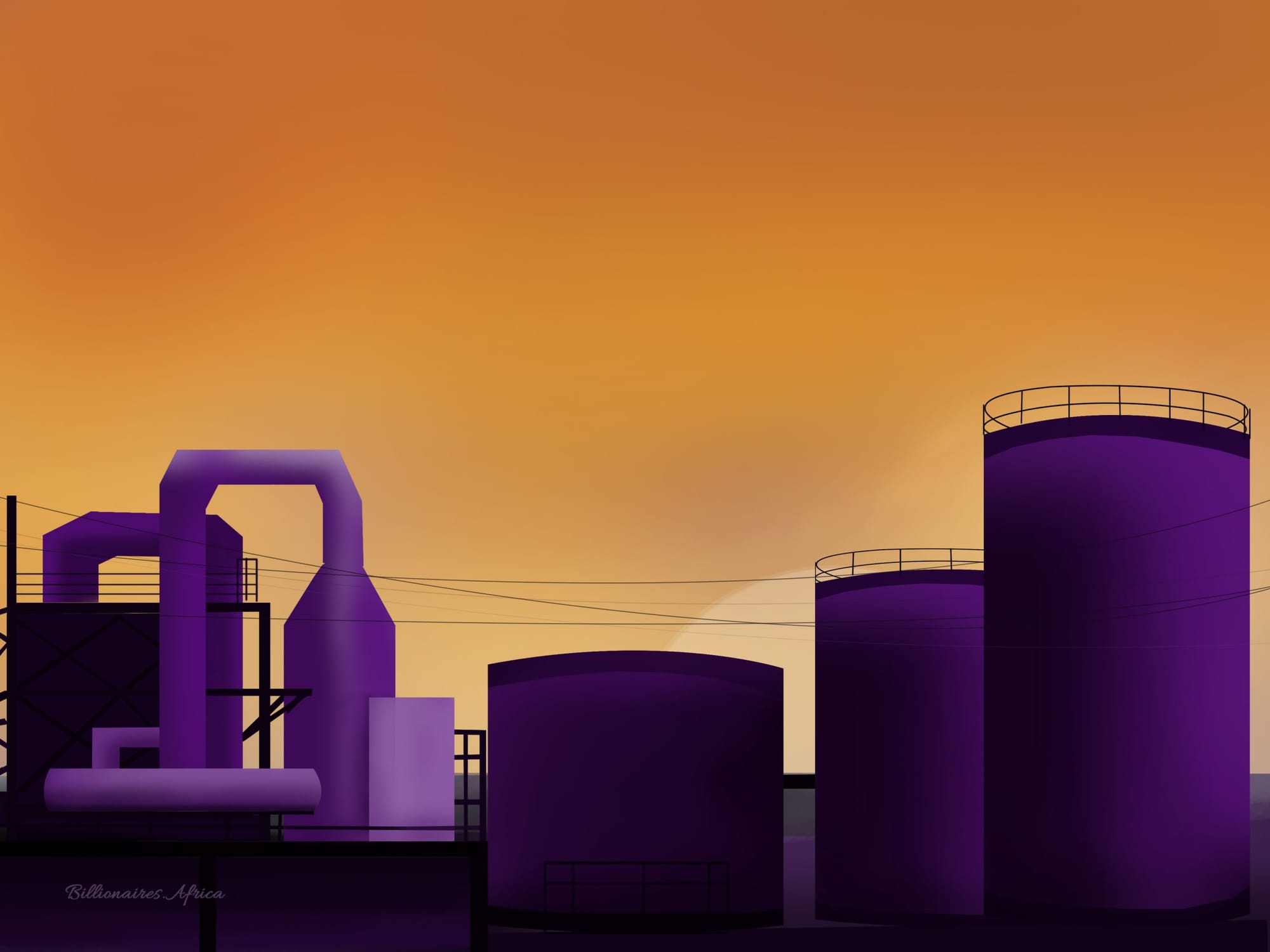Aliko Dangote, John Coumantaros demand Nigeria shut down fellow billionaire’s sugar refinery

Africa’s wealthiest man Aliko Dangote and Flour Mills Nigeria Chairman John Coumantaros have launched a legal action against cement mogul Abdul Samad Rabiu. The duo have called on the Nigerian government to shut down Rabiu’s sugar plant, the BUA Sugar Refinery, in the Bundu Free Trade Zone in Port Harcourt in Rivers State.
Dangote and Coumantaros petitioned the Industry, Trade and Investment Ministry, accusing Rabiu’s BUA Group of undermining the National Sugar Master Plan (NSMP), Sahara Reporters reported. They said the plant is violating the NSMP and operating with impunity, claiming that it must export its products and cannot sell them locally.
The petition read: “This investment in the Port Harcourt refinery was clearly done with the intention to undermine the NSMP. We are particularly surprised by the brazenness as we believe that the choice of location and the publicity campaign behind the investment has been deliberately engineered to provoke public sentiment and put the Federal Republic of Nigeria against its people.”
The letter was jointly signed by the Dangote Group and Flour Mills of Nigeria, making a call to investigate BUA’s raw sugar imports. Further demands were made for penalties to be levied on the company.
However, Rabiu has called the petition a grand conspiracy between two enemies who are colluding to kick him out of the sugar business. He added that under the NEPZA act, companies are allowed to process and, if they wish, sell 100 percent of their production in Nigeria as long as they pay duties based on current raw materials tariffs. NEPZA is the Nigeria Export Processing Zones Act 1992.
In 2008, the Nigerian government directed the National Sugar Development Council (NSDC) to develop a roadmap to attain self-sufficiency in sugar within the shortest possible time. In turn, the council came up with the Nigeria Sugar Master Plan.
The plan estimated that Nigeria’s sugar demand will breach the 1.7-million metric tonne mark by 2020. For domestic production to meet this demand, “the country needed to establish some 28 sugar factories of varying capacities and bring about 250,000 hectares of land into sugarcane cultivation, over the next ten years. The bulk of the investment capital was to come from private investors,” the NSDC stated in 2018.
With the new refinery, the country’s refining capacity increases from 2.75 million to 3.4 million metric tonnes per annum, or from 170 percent over capacity over last year’s import quota to over 210 percent capacity. Despite this increased capacity, many Nigerians still cannot afford sugar in their homes due to economic hardship. BUA’s sale of sugar makes the product a bit more affordable in the country. However, its domestic sales also reduce Dangote and Coumantaros’ share on the local Nigerian market.